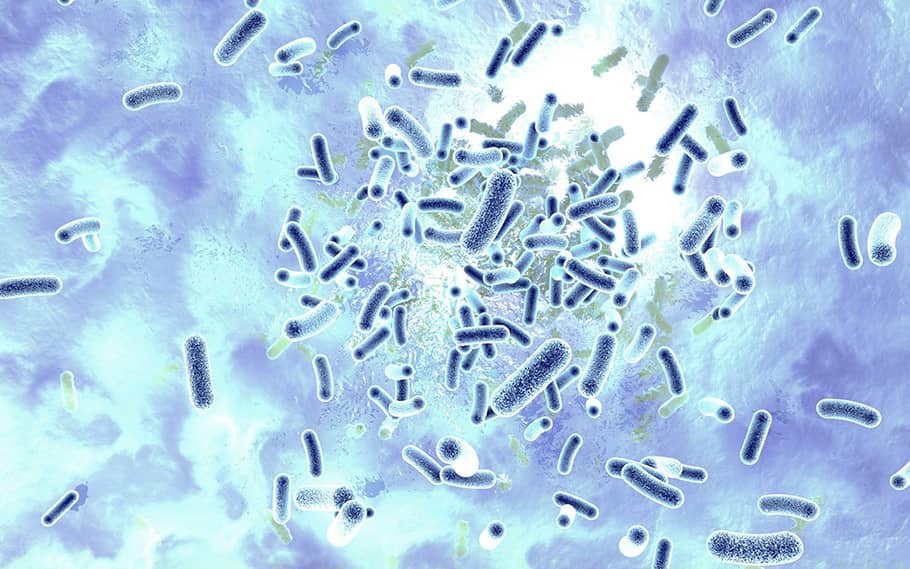Legionella are bacteria that occur naturally in open bodies of water and drinking water. They occur primarily in locations where warm water provides the optimum conditions for their multiplication. As a result, any warm water installation could be affected, such as hot water pipes, hot water tanks or boilers.
Depending on the concentration of the bacteria (inhaled as aerosols/droplets), they can lead to illnesses.
A high number of legionella bacteria in water will mean a high risk of infection for particular categories of people. The Swiss Federal Office for Public Health (BAG) has proposed limit values for sanitary installations above which, a reduction in the legionella burden is recommended and/or is urgently necessary.
As an accredited Swiss contract laboratory, we can provide you with technically correct sampling in accordance with ISO 19458 and the investigation of water samples for legionella bacteria.
Retirement homes, public baths, schools, hotels, service areas and the owners and administrators of detached houses and apartment blocks can take advantage of our services.

![[Translate to english:] Legionellen [Translate to english:] Legionellen](/fileadmin/Content/05_Lebensmittel/Lebensmittel_Legionellen/lebensmittel-legionellen-header.jpg)


